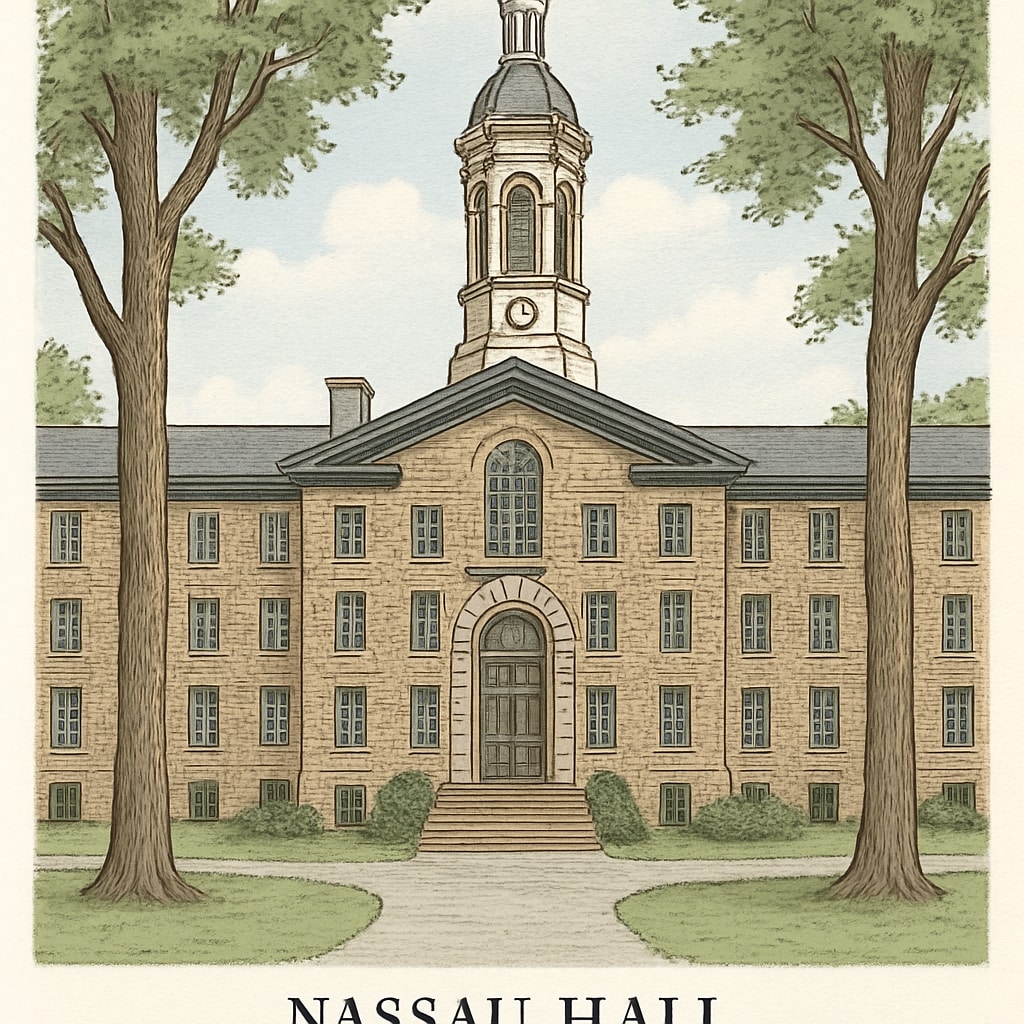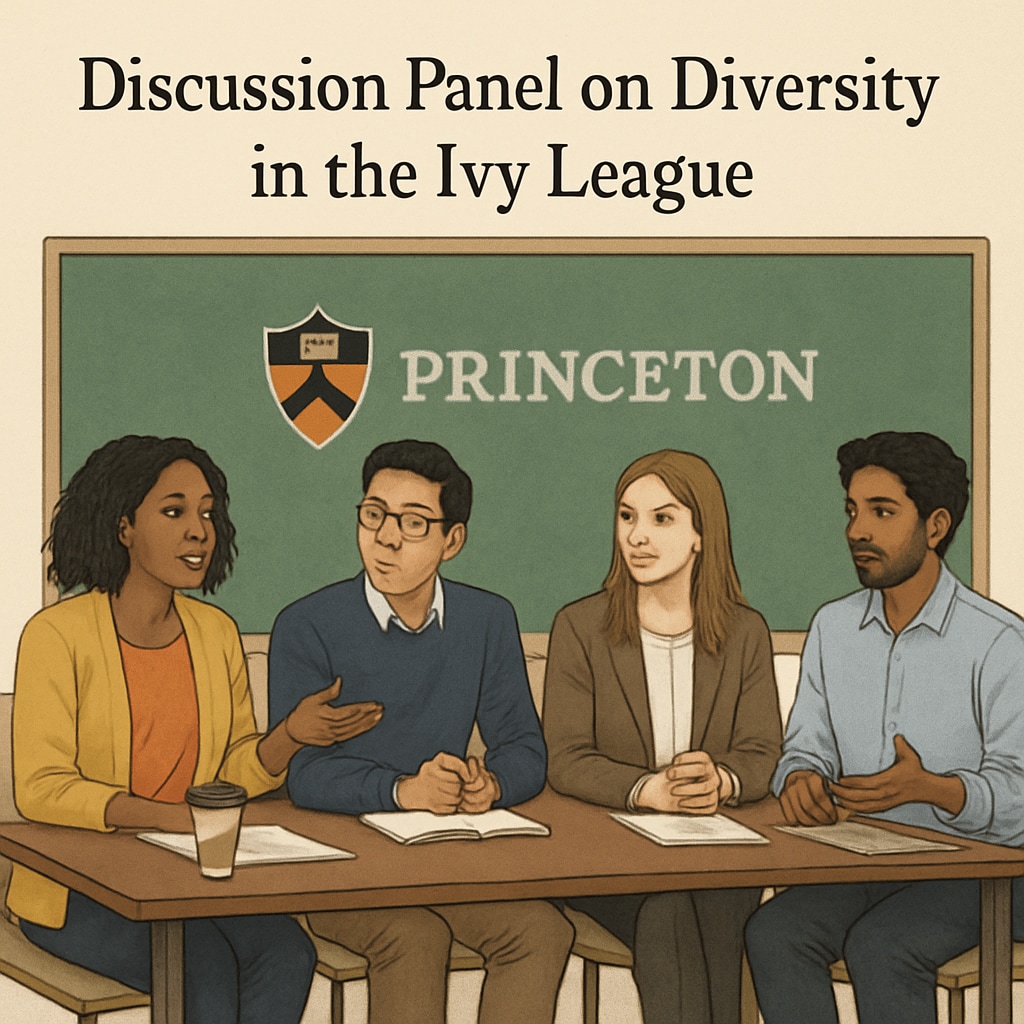The prestigious reputation of Princeton, Ivy League universities, and their supposed unparalleled educational value has long been a gold standard in academia. However, are these institutions truly worth the hype, or is their reputation inflated? In this article, we delve into the perceived versus actual value of elite education, particularly focusing on Princeton University, and explore how families in K12 education might rethink their priorities when navigating the allure of the Ivy League.

Understanding the Ivy League Mystique
The Ivy League, often synonymous with academic excellence and social prestige, includes eight universities that enjoy global recognition. Princeton, with its storied history and picturesque campus, often stands as a shining example of this elite group. But what truly sets these schools apart? Many would argue it’s their ability to attract top-tier students, faculty, and funding. Others point to the networking opportunities and lifelong status associated with being an “Ivy Leaguer.”
Nonetheless, critics argue that the Ivy League’s allure often overshadows a critical evaluation of its tangible educational benefits. For example, a study by The New York Times revealed that the quality of education at non-Ivy League institutions often rivals or even surpasses that of their elite counterparts, raising the question: is the Ivy League mystique rooted more in perception than in reality?
Princeton: A Closer Look
Princeton University, often ranked among the top Ivy League schools, boasts impressive faculty, cutting-edge research facilities, and a storied legacy. Its emphasis on undergraduate education and small class sizes are often touted as key advantages. However, does it offer a unique educational experience that justifies its hefty price tag?
One major critique lies in the accessibility of its resources. While Princeton undoubtedly provides a wealth of opportunities for its students, these benefits are often restricted to a select, highly privileged demographic. As a result, many argue that the institution’s resources could be better utilized or distributed across public universities to benefit a broader range of students.

Rethinking the Role of Elite Universities in K12 Planning
For families navigating K12 education, the dream of an Ivy League acceptance letter often dominates their long-term planning. Many parents invest heavily in extracurricular activities, standardized test preparation, and private tutoring, believing these investments will pave the way to elite universities. But is this fixation warranted?
In reality, prioritizing holistic development and fostering a love of learning may yield more meaningful results. Schools like Stanford University and other highly ranked non-Ivy League institutions also provide exceptional education without the Ivy League label. Additionally, many public universities offer unique programs and unparalleled value at a fraction of the cost.
As a result, families might reconsider their approach: rather than chasing prestige, they could focus on identifying institutions that align with the student’s interests, values, and career aspirations.
Final Thoughts: Prestige vs. Purpose
The debate around Princeton and the Ivy League highlights a broader issue in higher education: the importance of distinguishing between reputation and actual value. While elite universities undoubtedly offer certain advantages, their mystique often overshadows more critical questions of affordability, accessibility, and student fit.
For prospective students and their families, it’s crucial to approach college applications with a balanced perspective. Educational success isn’t determined by the name on a diploma but by the skills, experiences, and personal growth gained during the journey.
Ultimately, the Ivy League may remain an aspirational goal for many, but it’s worth asking: is the dream rooted in substance, or is it simply chasing a mirage?
Readability guidance: Use short paragraphs and lists to summarize key points. Ensure smooth transitions between sections using words like however, therefore, and as a result. Keep passive voice usage low to enhance clarity and engagement.


